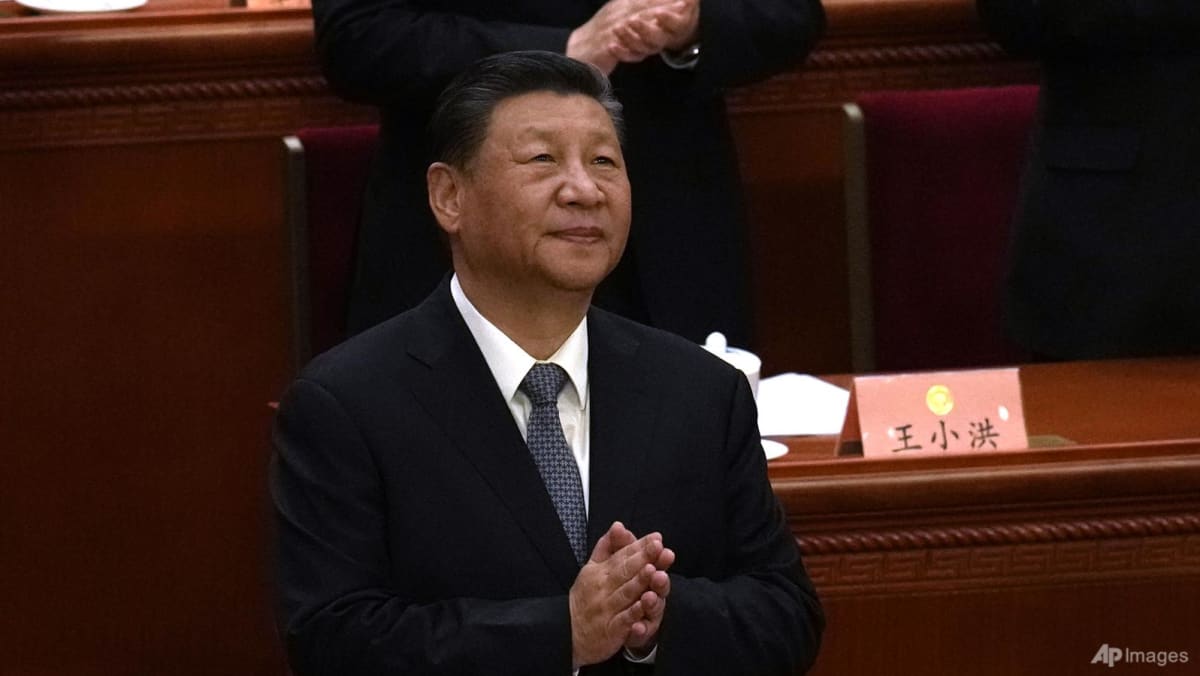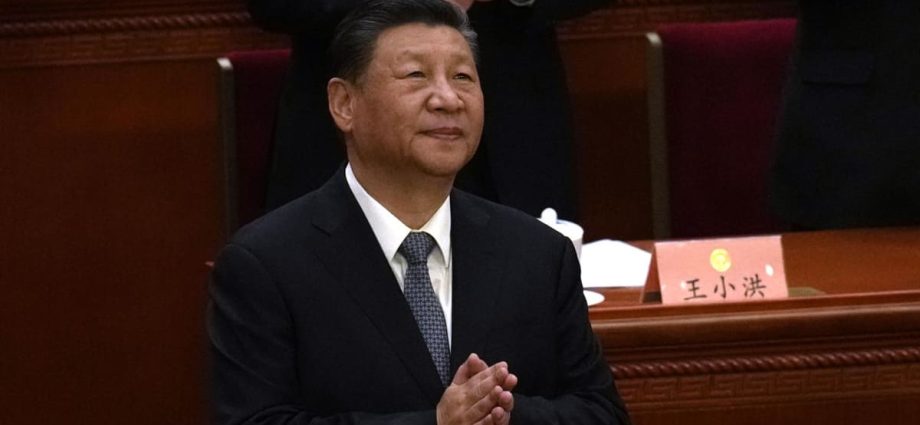
Separately, a sweeping anti-corruption effort driven by President Xi since taking power more than a decade ago has sustained its momentum, standing out both for its sweeping reach and how far up the ranks it has stretched.
The highest-profile casualty was Zhou Yongkang, who was brought down early on in the graft-busting effort. Before his downfall in 2012, he was a Politburo Standing Committee (PSC) member and national security chief.
Zhou’s case shattered the taboo against investigating retired members of the PSC, breaking an unspoken rule – known in Chinese as “xing bu shang chang wei” – of letting them enjoy their golden years in peace.
More recently, in terms of the numbers, the Global Times reported in 2022 that the anti-graft watchdog had punished some 4.7 million people as of April that year.
That the anti-corruption drive has endured till now is a testament to Mr Xi’s growing influence over the party and state, say analysts.
From the perspective of the party elite, the political status quo also affords more stability, Dr Lim Tai Wei, an adjunct senior fellow at NUS’ East Asian Institute, told CNA.
“(To them), there is certainty in the command structures, and less avenue for alternative lobbying capacity or rival factional strife,” added Dr Lim.
A DOUBLE-EDGED SWORD?
But centralising power under the party and Mr Xi is a double-edged sword, observers note.
“In some ways, looking at the People’s Republic of China politics is easier. It is all about Xi,” said NUS’ Dr Chong.
“However, that also means decision-making processes are more opaque and subject to the whims of one person.”
Similarly, Mr Lye from ISEAS-Yusof Ishak Institute told CNA the moves have made it more challenging to access or understand China’s politics and policies, especially for the outside world.
“Issues which can be readily understood or addressed by approaching it from a purely technocratic or problem-solving approach have now given way to a higher order priority that includes maintaining the Party’s primacy in various fields and upholding national security,” he added.

